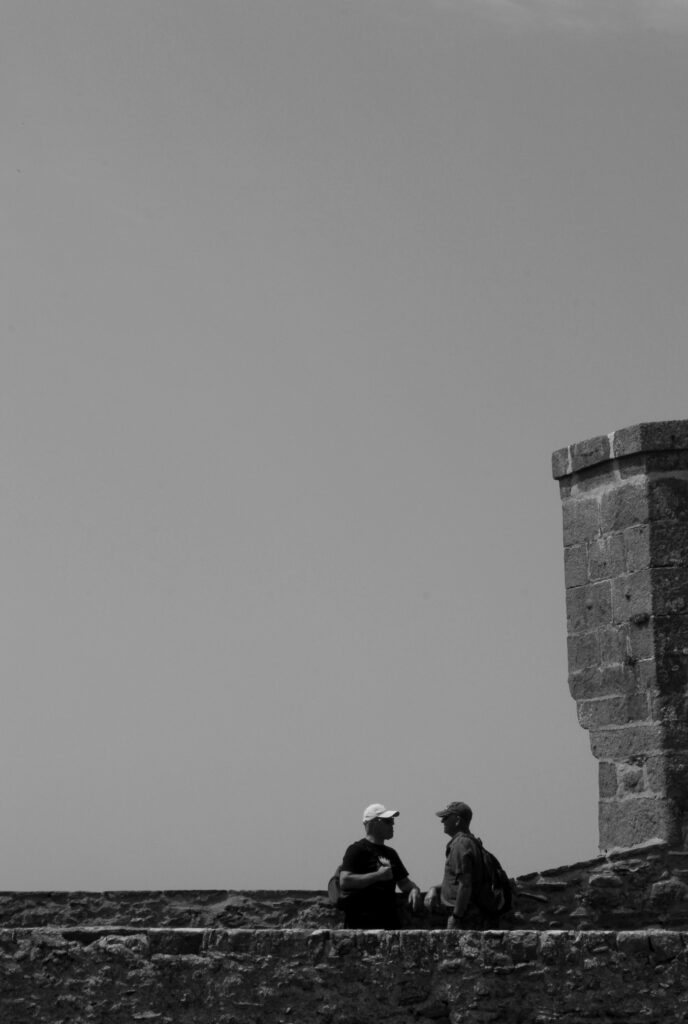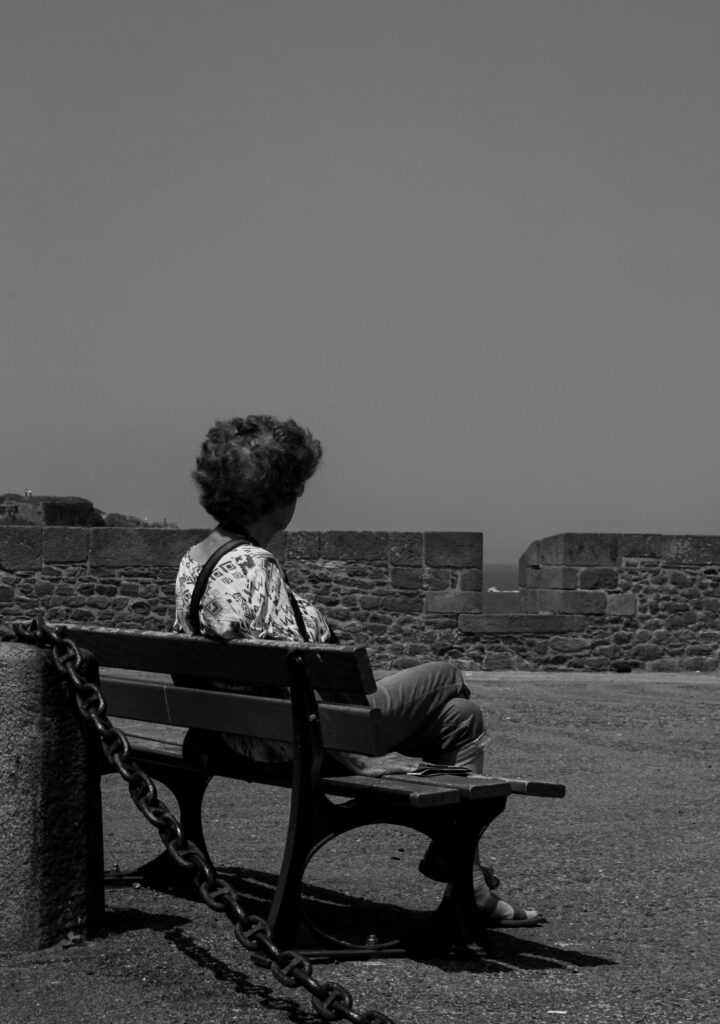An archive is defined as a collection of historical documents or records providing information about a place, institution, or group of people. This can be seen in many different forms such as a personal collection of items from the past, corporate archives, museums, galleries etc. They are an important source of facts, data, reports, notes, memos, photographs, and other primary sources. Serving as a gateway to the past they offer people an insight into different times enabling people to envision life in a different era or even century. This is important as they contain evidence of activities and provide us with details about individuals and institutions. They can even tell stories and increase our sense of identity and understanding of cultures.
A repository is defined as a place where or receptacle in which things are or may be stored therefore making a repository of knowledge a large store of information.
In my opinion, an archive is a repository of knowledge as in any form, an archive holds items and information from the past. This knowledge can be used to discover the history and meanings behind aspects of the present day and also show us how things have changed. Archives are important as they give us an insight into the origins of our family and heritage which teaches us about our own history and identities.
Societe Jersiaise
We visited the Societe Jersiaise archive to see what an archive actually is and looked at old images from jersey. Established in 1873 the Société is a registered Jersey Charity. Their aim is to produce and facilitate research on the Island’s history, culture, language and environment; and to share that knowledge with the widest possible audience for the benefit of our island community. They specialise in various fields of study, from archaeology to zoology. Providing information from many different viewpoints and areas of interest. These volunteer sections produce the raw data and research which make long-term studies possible.Their archives contain extensive bibliographic, cartographic, photographic and research collections which act as their long-term memory. These collections provide us with vital resources informing contemporary study and value for the community through a greater understanding of our shared heritage, identity and environment.
To summarise, Société Jersiaise is an active example of a repository of knowledge as it is a large collection of memorabilia, information, photographs and historical artefacts that can tell us about the history of our island.








